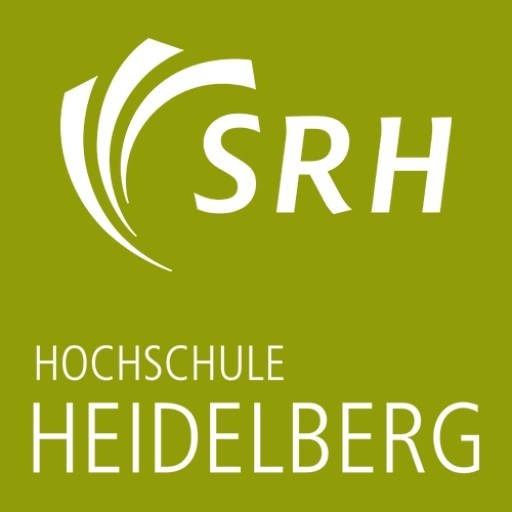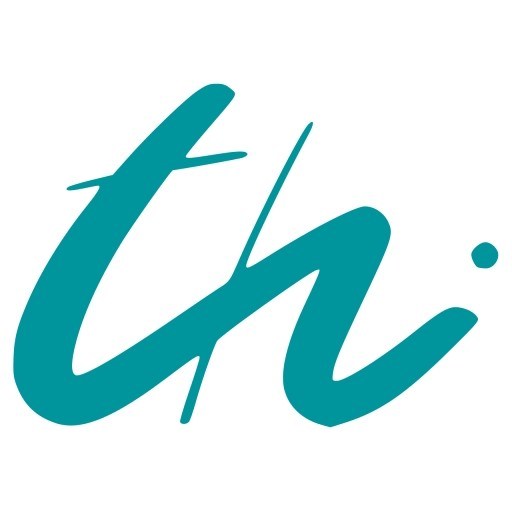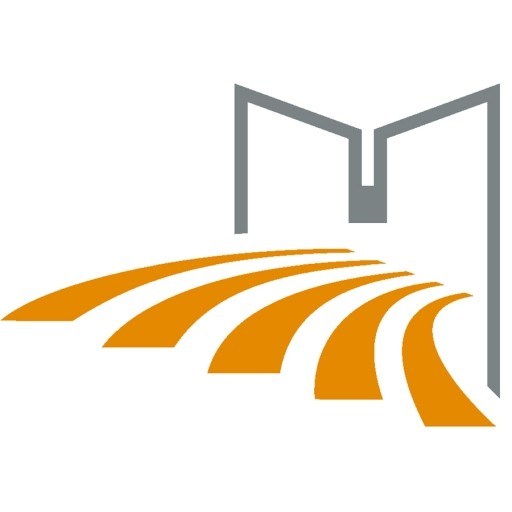Computer Simulation in Science at the University of Wuppertal offers an interdisciplinary and innovative master’s degree program designed to equip students with comprehensive knowledge and practical skills in computational modeling, simulation techniques, and data analysis across various scientific disciplines. The program emphasizes the integration of theoretical foundations with real-world applications, preparing graduates to address complex scientific problems through advanced computational methods. Students gain expertise in programming, numerical methods, statistical analysis, and high-performance computing, enabling them to develop and implement sophisticated simulation models in fields such as physics, chemistry, biology, engineering, and environmental sciences. The curriculum combines coursework, hands-on projects, and collaborations with research institutions and industry partners, fostering a strong research-oriented mindset and problem-solving competencies. Participants learn to handle large datasets, optimize algorithms, and visualize simulation outcomes effectively, which are crucial skills in today's data-driven research landscape. The program also promotes critical thinking, interdisciplinary communication, and project management skills, ensuring graduates are well-prepared for careers in academia, research institutions, and technological industries. With state-of-the-art laboratories and computing resources, students have the opportunity to work on cutting-edge projects and participate in international research collaborations. By completing this program, graduates will be capable of contributing to scientific advancements through innovative simulation approaches, making them valuable assets in various research and development sectors. The program typically spans four semesters and culminates in a master's thesis that demonstrates students' mastery of computational techniques applied to a scientific question. Graduates can pursue careers as scientific programmers, data analysts, research scientists, or continue their academic journey in doctoral programs. The University of Wuppertal's commitment to excellence and interdisciplinary research ensures that students are well-equipped to meet the challenges of modern science and technology through the powerful tool of computer simulation.
Educational organisation
Once the field of advanced studies has been selected, the course schedule consists mainly of mandatory courses. It is expected that students develop independent and responsible working skills. Substantial weekly homework is required in all courses. Presentations by the students are part of the preparation towards the Master's thesis.Forms of assessment
All courses are awarded credit points according to ECTS. Credit points are acquired through homework, presentations, written exams, and oral exams.Course objectives
Students gain wide knowledge of model building and simulation. The ability to construct a model (abstract formulation of a problem) and interpret the results (simulation or experiment) are fundamental and require a broad basic technical education. With this knowledge, graduates are well positioned to continue their education with a PhD, or to switch to industry or business. People who know how to perform computer simulations are sought by the research departments of industries where simulations are used in situations for which real experiments would be too dangerous or expensive. In recent years, computer simulations have also taken on a prominent role in the finance and banking sectors (e.g., risk analysis).Language requirements
If you are an international student: sufficiently good proficiency in English, documented by providing the results of a recently passed Test of English as a Foreign Language (TOEFL), International English Language Testing System (IELTS, academic module), a Cambridge Certificate in Advanced English (level 4) or another language certificate at level B2 of the European Framework of Reference. The minimum scores for TOEFL and IELTS are as follows:- TOEFL iBT (Internet-based) 79 points
- TOEFL PBT (paper-based) 550 points
- IELTS academic module 6.0 band score
If you can prove that your Bachelor's courses were taught in English, an additional language test is not required.
If you are a student with a German Bachelor's degree: English at level B2 (Abitur)
Academic requirements
- Bachelor's degree or German Diploma ("Diplom") degree in applied science, chemistry, electrical engineering, financial mathematics, mathematics, mechanical engineering, physics, or safety engineering, or in a related field
- The Master's course of study requires advanced knowledge according to the examination regulations in one of the fields of specialisation: atmospheric physics, computational electromagnetics, computational fluid mechanics, experimental particle physics, financial mathematics, materials science, theoretical chemistry, or theoretical particle physics. Knowledge of mathematics corresponding to a Bachelor of Science or Engineering is also required.
- Knowledge of at least one programming language
- A mark of (or corresponding to) at least 3.0 after rounding down to the first decimal place in the German system
The application must include:
- Officially certified copies of the school leaving certificate, of the Bachelor's or equivalent degree, of the diploma supplement and of the transcript of records, either in German or English
- A short letter of motivation indicating two choices for the specialisation in preferred order. The number of places in each specialisation is limited. Therefore the final choice has to be left to us.
- The results of the IELTS/TOEFL (only for international students), or a document certifying that you have taken your first degree in English. The University of Wuppertal's TOEFL code number is 1799. Applicants who send their application to uni-assist should instead use the code number 2727 for their TOEFL. Indicate this code to the Educational Testing Service so that your scores can be sent directly to them/to us.
- If you are not a German citizen, add a completed copy of this application form: http://www.daad.de/en/download/zulassungsantrag_eng.pdf.
Enrolment fees
There are no enrolment fees. Students have to pay a compulsory fee including a social contribution called "Sozialbeitrag", a contribution to the student body called "Studentenschaftsbeitrag", and a fee for the "NRW-Ticket" for public transport within the state of North Rhine-Westphalia. The compulsory fee amounts to about 270 EUR per semester and is not a university fee.Costs of living
A student's monthly expenses is approx. 650-700 EUR. This includes accommodation, general costs, health insurance, and learning materials.Job opportunities
There are some possibilities to obtain a teaching or research assistantship after the first semester. However, such a position will not be sufficient to cover all living expenses.Non-EU students are allowed to work 120 full days or 240 half days. There are no limits on student part-time jobs at the university or at another academic or research institution.
Arrival support
See: http://www.international-students-wuppertal.de/Services and support for international students
For the International Office, see: http://www.internationales.uni-wuppertal.de/en/basics/international-office.htmlFor the International Students Team, see: http://www.international-students-wuppertal.de/
For the Hochschulsozialwerk, see: http://www.hochschul-sozialwerk-wuppertal.de/en.html
Accommodation
You can either live in a residence or rent a room/apartment off campus. There are eight on-campus halls of residence with a total capacity of about 1,200 places. The rooms are mostly rented unfurnished. Rent is approx. 200-250 EUR. You can obtain information and apply for a place in a student residence at:http://www.hochschul-sozialwerk-wuppertal.de/en/accommodation/looking-for-accommodation.html
As only a limited number of living quarters are available here, you can also inquire about private accommodation free of charge at the Central Accommodation Office of the Wuppertal University Social Services Office.
See: http://www.hochschul-sozialwerk-wuppertal.de/en/accommodation/contact.html
E-mail: wohnen@hsw.uni-wuppertal.de
See: http://www.hochschul-sozialwerk-wuppertal.de/en/accommodation/private-rooms.html










